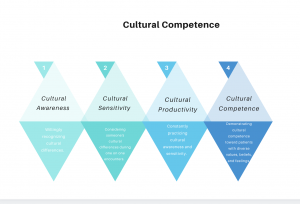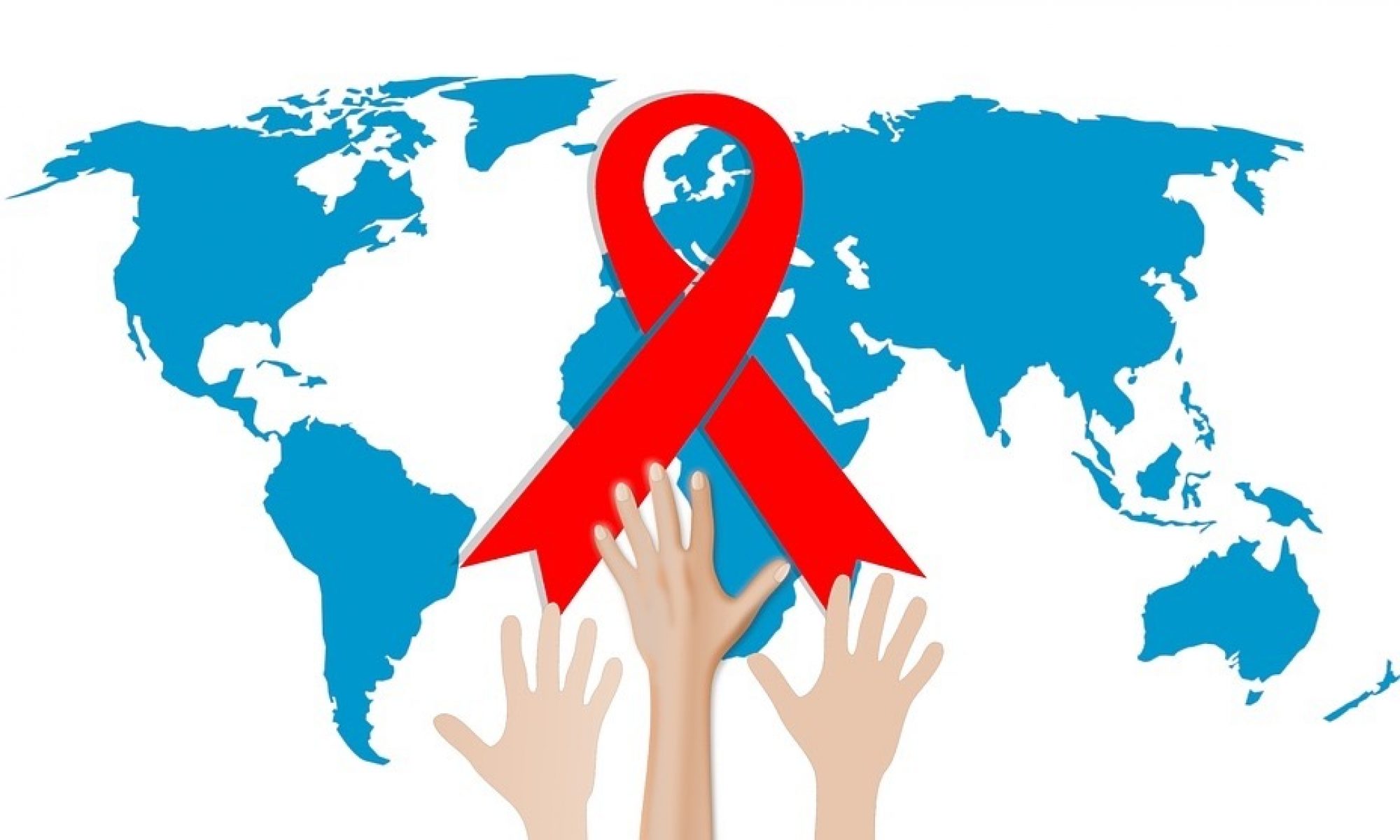Cultural Competency
According to the Centers for Disease Control, Cultural competency in healthcare refers to the ability of healthcare professionals to demonstrate cultural competence toward patients with diverse values, beliefs, and feelings.
With the HIV population being so diverse, CHWs have to be aware of how they interact with their patients, have a desire to want to know their patients’ culture, and be knowledgeable about their background.
When looking at populations like the LGBTQ+ community and MSM (men who have sex with men), who suffer from HIV and how their identity stops them from getting treatment.
Not having a Health care professional that’s culturally competent, can deter individuals from the LGBTQ+ community from seeking help. Judgment comes from both people that serve the HIV community and even members of the HIV community themselves. Some HealthCare professionals can be homophobic or just simply aren’t familiar with taking care of patients in the LGBTQ community. Stigma is faced internally as well as externally. Instances of internal stigma with HIV patients are when they have negative views about themselves and have no hope for their future. They would internalize all the grotesque things said about HIV and be in the mindset that this is what they are. It has been anonymously reported to the HIV Action Lab Team that there are community health workers and doctors who refer to their gay HIV-positive patients using the hurtful and homophobic word “faggot”. Some community health workers have taken this job serving as a liaison and community resource between doctors and nurses just for a paycheck. Not because they have a calling to help people in need to improve their lives and increase life expectancy. Some sentiments stated by many community health workers who are actually dedicated to helping their patients is that “this job is not for everyone” (Interviewed 3/10/2020). It requires a person to have an abundance of care and patience with their clients.
HIV patients can be shot down by the stigmas attached to them. Individuals might not want to interact with them because of their sexuality, racial identity, or ignorance of catching the disease.
If patients have the proper education, CHW’s can do less hand-holding and can care for people that are at higher risk. Also, HIV patients need assistance advocating for themselves.

